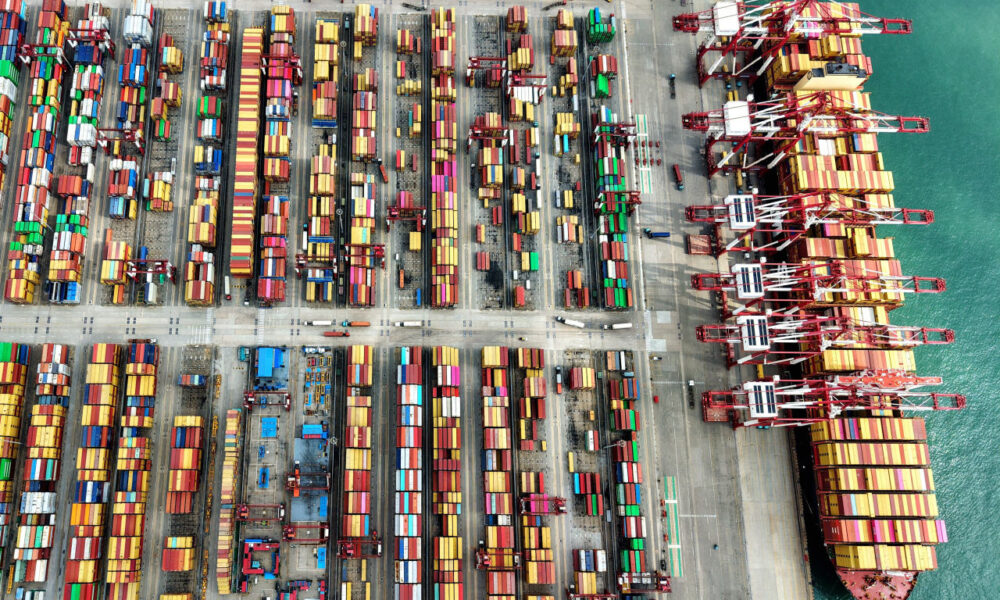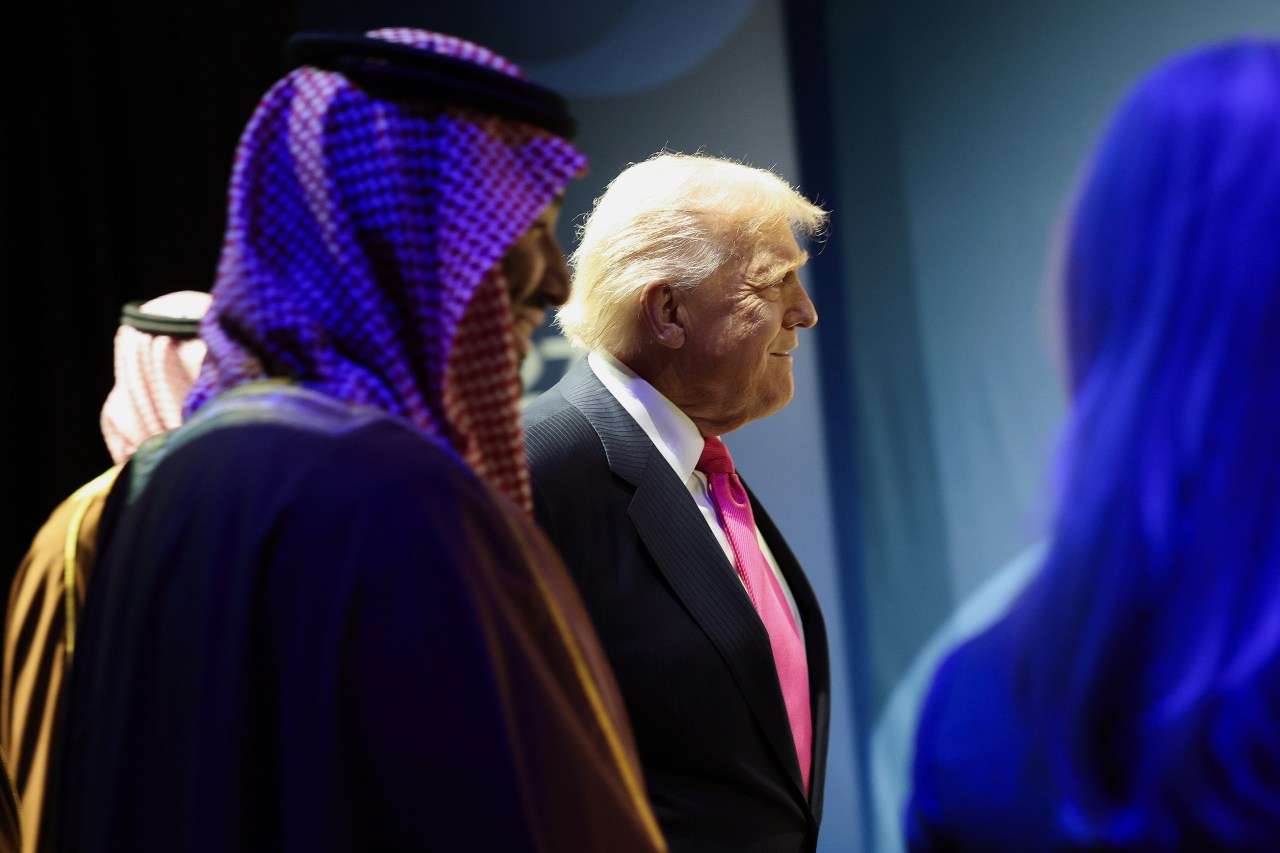The International Monetary Fund (IMF) has issued a warning regarding the potential impact of recent U.S. tariff hikes on Asia-Pacific economies. While these economies demonstrated resilience in the first half of 2023, the IMF cautions that the full effects of the tariffs remain uncertain, suggesting a slowdown in growth in the coming months.
According to the IMF’s latest report, Asia-Pacific economies outperformed expectations, with many nations experiencing steady growth despite global economic challenges. However, the report emphasizes that the increase in tariffs imposed by the United States could dampen this positive trajectory. The IMF’s analysis indicates that while growth rates were robust, the long-term implications of these trade policies could pose significant risks.
Economic Growth Projections and Risks
The report highlights that the region’s overall economic growth is projected to decline in the latter half of 2023, primarily due to the ongoing effects of U.S. trade policies. The IMF forecasts a slowdown in GDP growth, with estimates suggesting a decrease from an annual rate of 4.5% in the first half of 2023 to approximately 3.2% in the second half. This shift reflects the anticipated repercussions of tariff increases, which could lead to higher import costs and reduced trade volumes across the Asia-Pacific region.
The IMF’s assessment underscores the interconnected nature of global economies. As the United States, one of the largest economies in the world, implements these tariffs, countries within the Asia-Pacific—many of which are significant trading partners—are likely to feel the impact. This situation could result in a chain reaction affecting supply chains, consumer prices, and overall economic stability.
Implications for Trade and Policy
The potential slowdown in growth raises important questions regarding trade policies and economic strategies in the region. Policymakers in Asia-Pacific nations may need to explore alternative markets and adapt their strategies to mitigate the effects of U.S. tariffs. The IMF suggests that fostering intra-regional trade could be one avenue to buffer against external shocks.
The IMF’s report also emphasizes the need for cooperation among Asia-Pacific nations to address these challenges. Strengthening regional trade agreements and enhancing economic collaboration may help to counterbalance the effects of tariff increases and promote sustainable growth.
As the situation evolves, the IMF will continue to monitor economic indicators and provide updates on the Asia-Pacific region’s performance amidst these challenging circumstances. The organization’s insights will be crucial for governments and businesses as they navigate the complexities of international trade and economic policy in 2023 and beyond.
In conclusion, while Asia-Pacific economies showcased unexpected resilience at the beginning of the year, the looming uncertainty surrounding U.S. tariff hikes poses a significant threat to their growth prospects. The IMF’s warnings serve as a timely reminder of the intricate connections within the global economy and the potential repercussions of unilateral trade actions.







